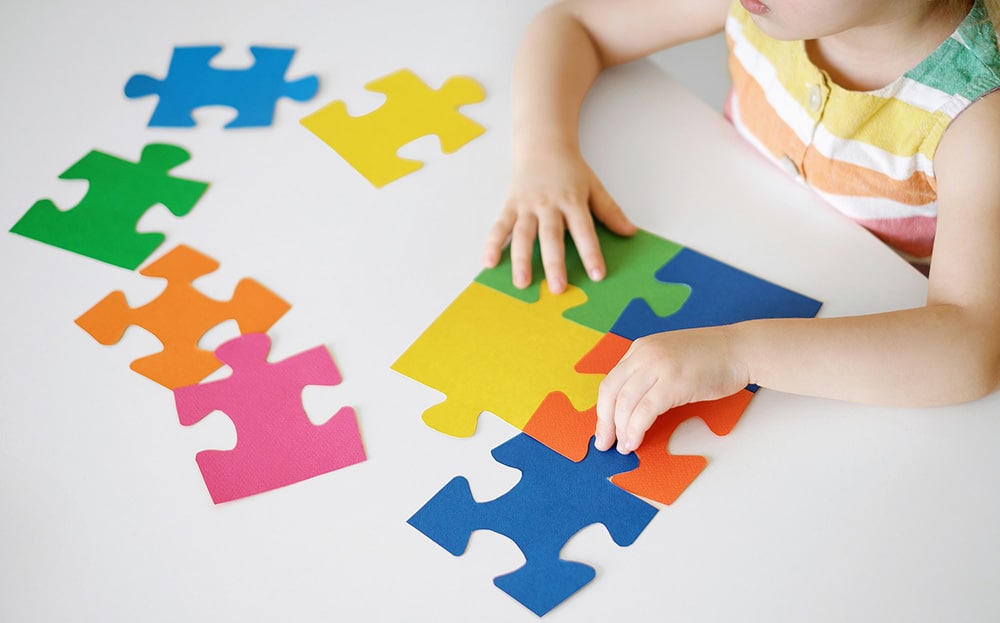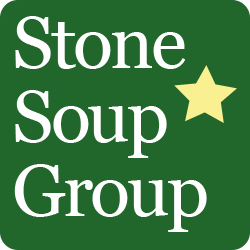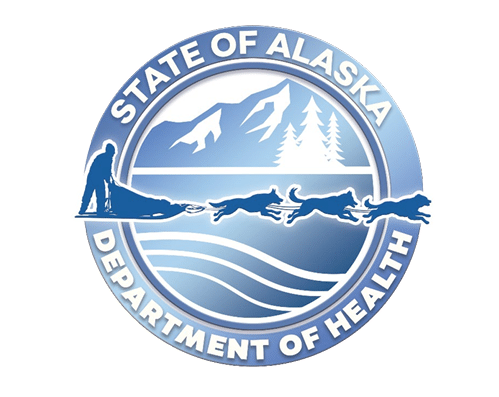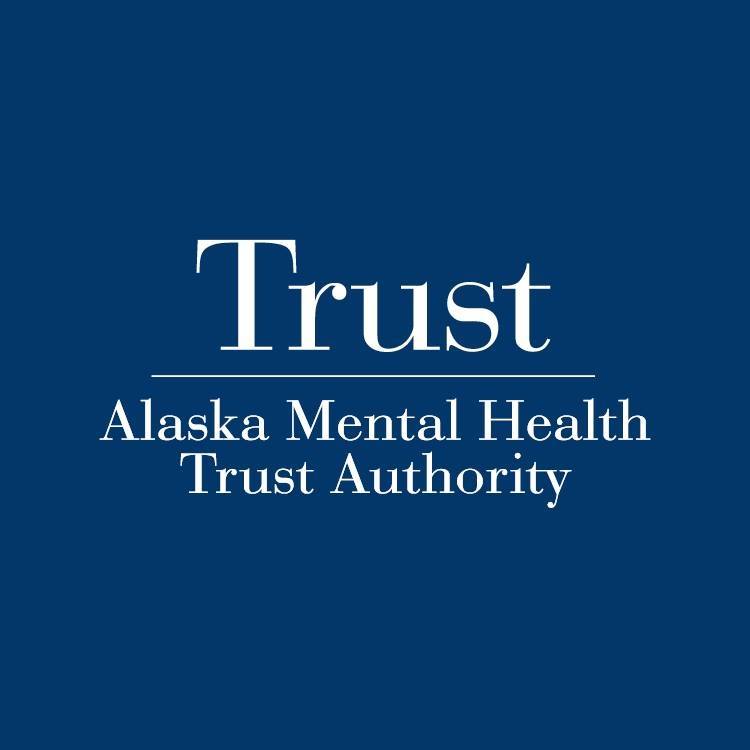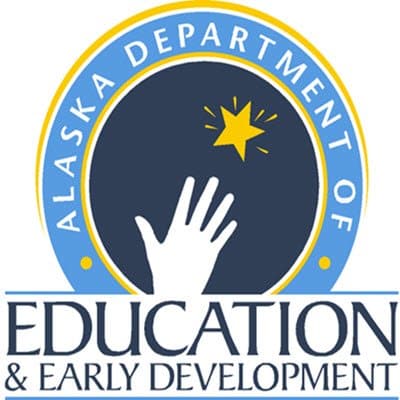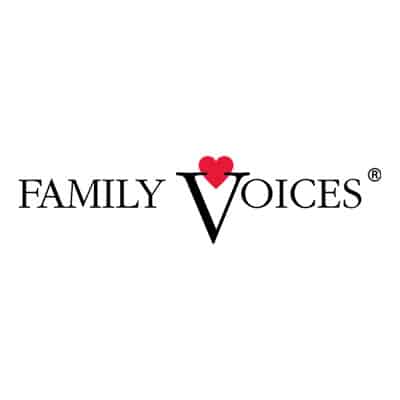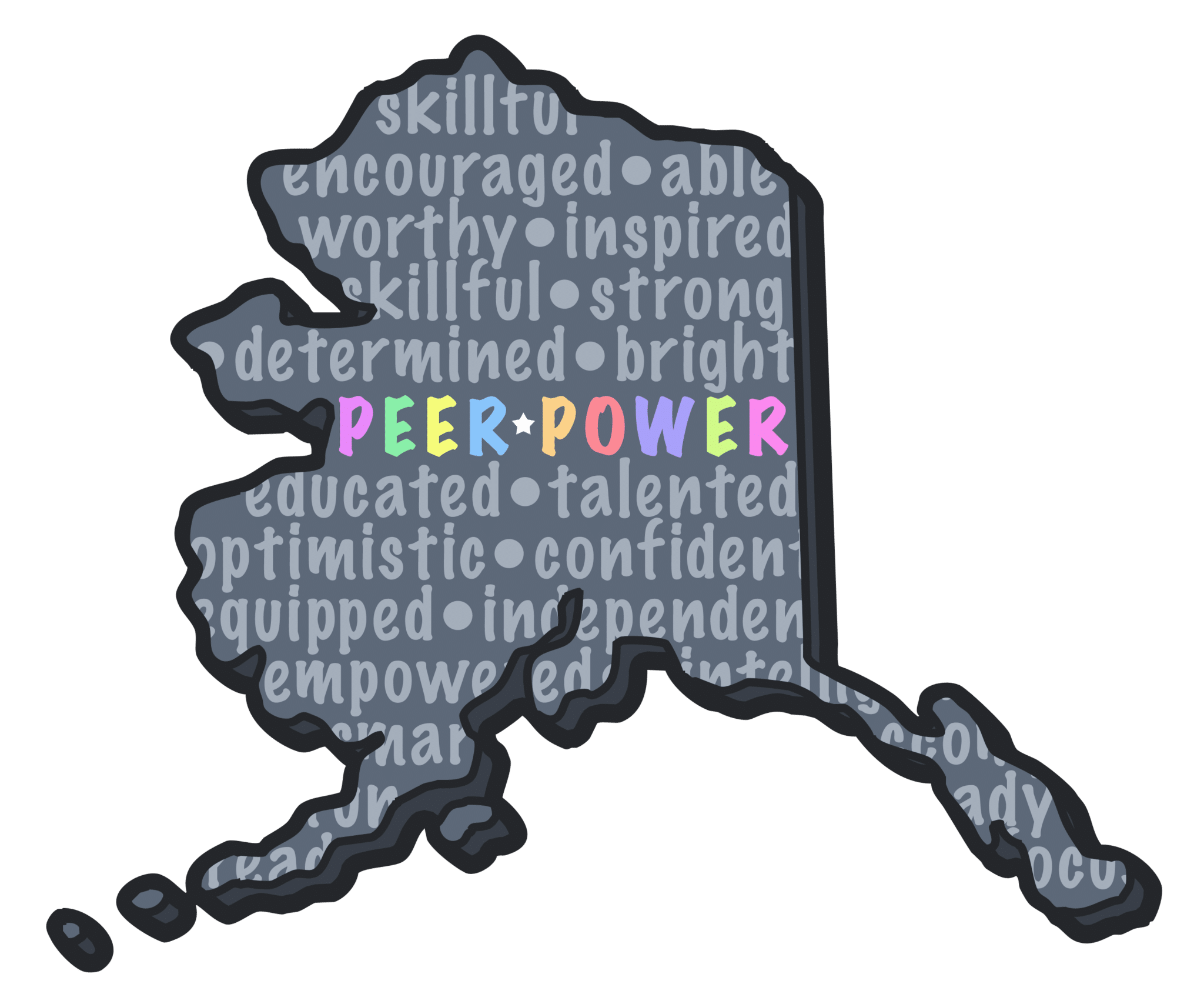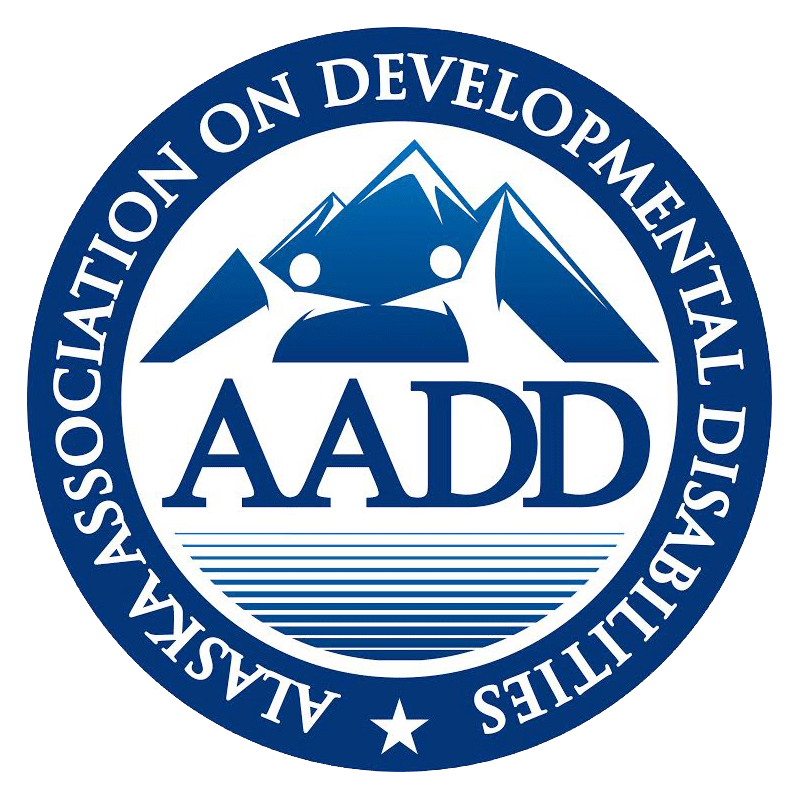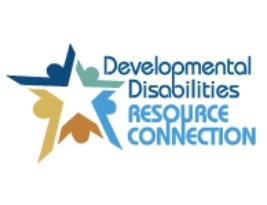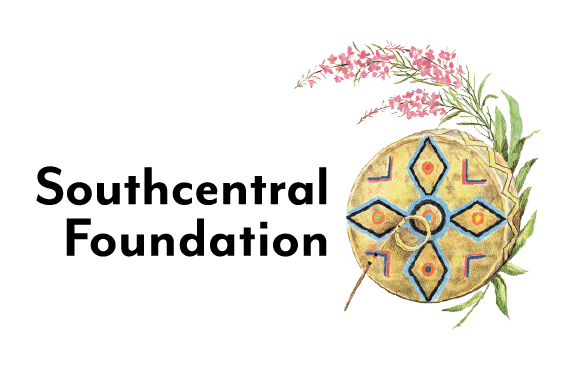Autism spectrum disorder (ASD) is a developmental disability that can affect a child’s or adult’s social skills, communication, and behavior. Most children on the autism spectrum may experience delays in social and communication skills in the first year of life.
Differences in communication, relationships, and social interaction:
Being nonverbal, nonspeaking, or having atypical speech patterns, having trouble understanding nonverbal communication, difficulty making and keeping friends, and difficulty maintaining typical back-and-forth conversation.
Restricted and repetitive behavior, patterns, activities, and interests:
Repeating sounds or phrases (echolalia), repetitive movements, preference for sameness and difficulty with transition or changes in routine, intense interests, and sensitivity to certain sounds, smells, textures, and tastes.
Because autism is a spectrum disorder, each person with autism has a distinct set of strengths and challenges.
According to the American Academy of Pediatrics (AAP), a medical diagnosis of ASD is made based on a parent’s description of their child’s development, plus careful observations of certain behaviors by a pediatrician, autism experts, medical tests, and the child’s history. The medical diagnosis is further described in this video.
Schools cannot diagnose children with ASD. Instead, schools determine if a child meets eligibility criteria for specific developmental disabilities and delays categories. For example, when a child is evaluated for Special Education Services and an Individualized Educational Program (IEP), the school team determines if the child meets eligibility criteria for categories such as Autism or other developmental disabilities and delays. This video explains more about school evaluations.
Research shows that starting an intervention program as soon as possible can improve outcomes for many children on the autism spectrum. More information about early intervention can be found at the Alaska Infant Learning Program.
CDC: Learn the Signs. Act Early helps parents track their child’s development and milestones from birth to 5 years old.
3 Early Signs of Autism Spectrum Disorder describes the early signs of autism spectrum disorder in young children.
ASD affects each person differently, meaning that individuals with ASD have unique strengths and challenges and different treatment needs. There may be many ways to help minimize the symptoms and maximize abilities. More evidence-based treatment and therapy information is available at the National Institutes of Health and the Centers for Disease Control and Prevention. This resource outlines Evidence-Based Practices for children with ASD in the school setting.
There are several resources and organizations providing support for adults with ASD.
Autism Acceptance: resources and information on becoming an ally
Autism Speaks: specific resources and activities for adults (22+)
Autistic Self Advocacy Network: advocacy tools and educational resources
Autistic Women & Nonbinary Network: community support and resources for Autistic women and nonbinary people
Association for Autism and Neurodiversity: resources and information, group services, training
UW Autism Center – Adult Resources: resources for adults
Alaska Autism Research Center (AARC): local activities, resources and information
Autism Navigator: guide for families and professionals supporting children’s learning and development
Autism Society: national organization providing resources and advocacy
Autism Speaks: information and activities for children with ASD, including the 100-Day Kit resource
Healthy Children: articles and resources provided by the American Academy of Pediatrics (AAP)
A note about the resources on this page:
An overwhelming amount of information is available on ASD. The resources and links outlined on this webpage were reviewed and vetted by other parent organizations or professionals in the disability field. Sites and information with references, citations to academic research, and evidence-based practices were prioritized.
